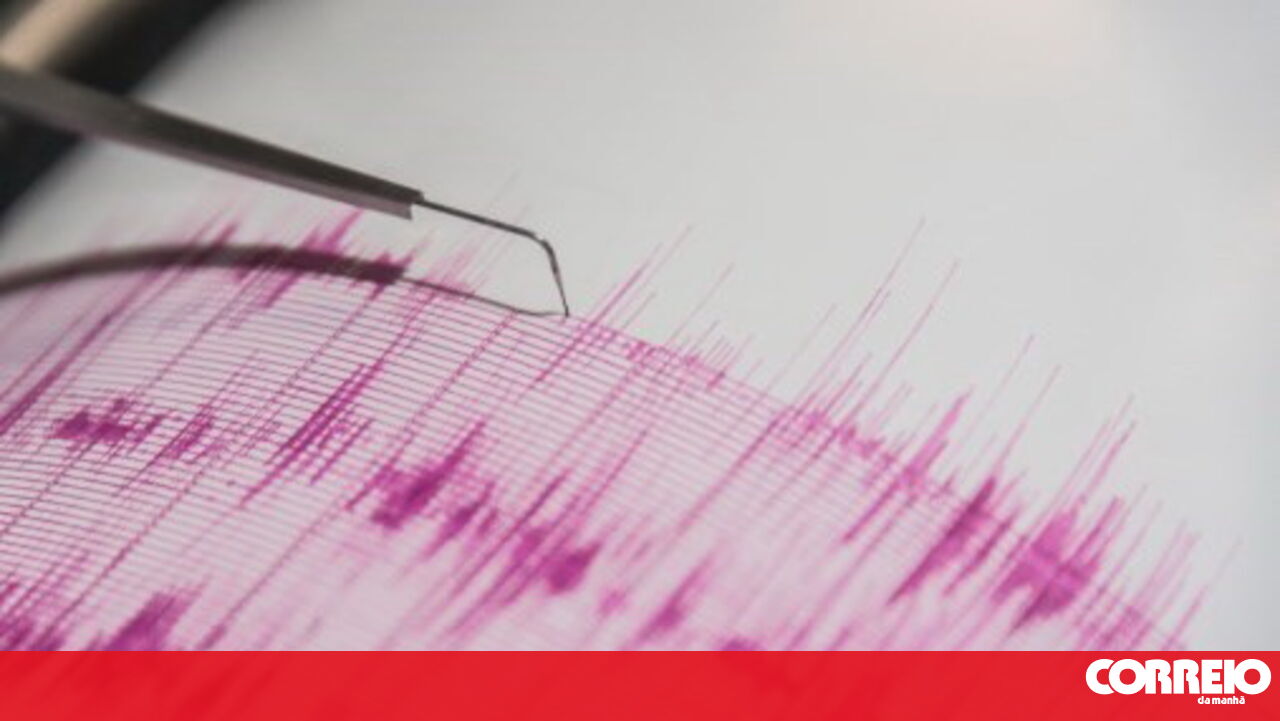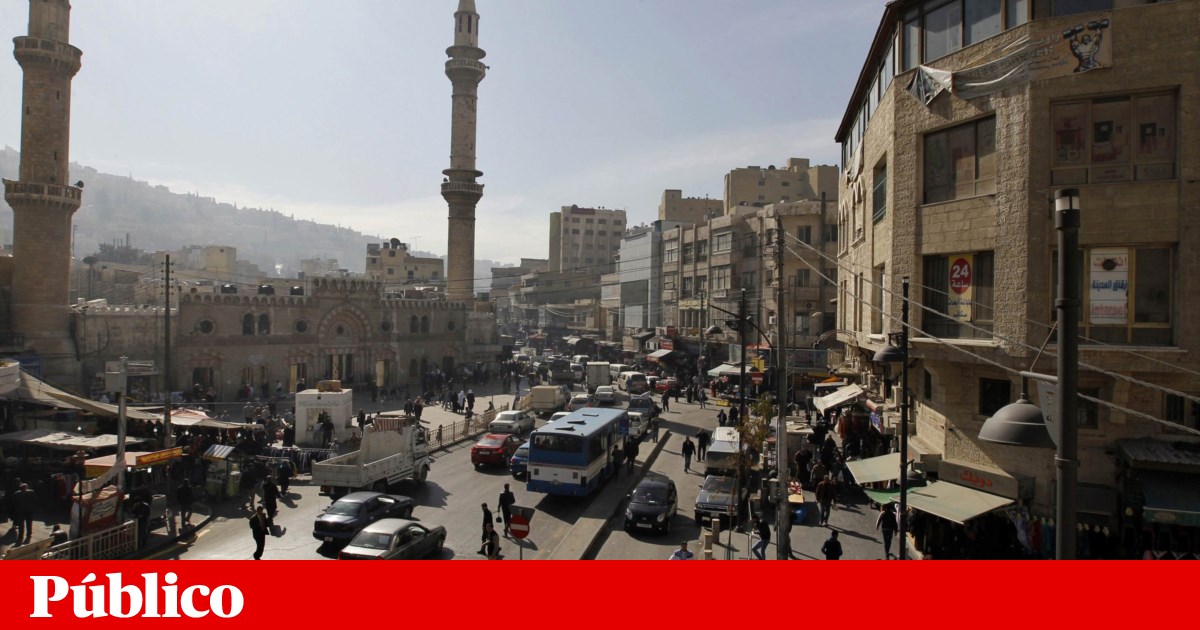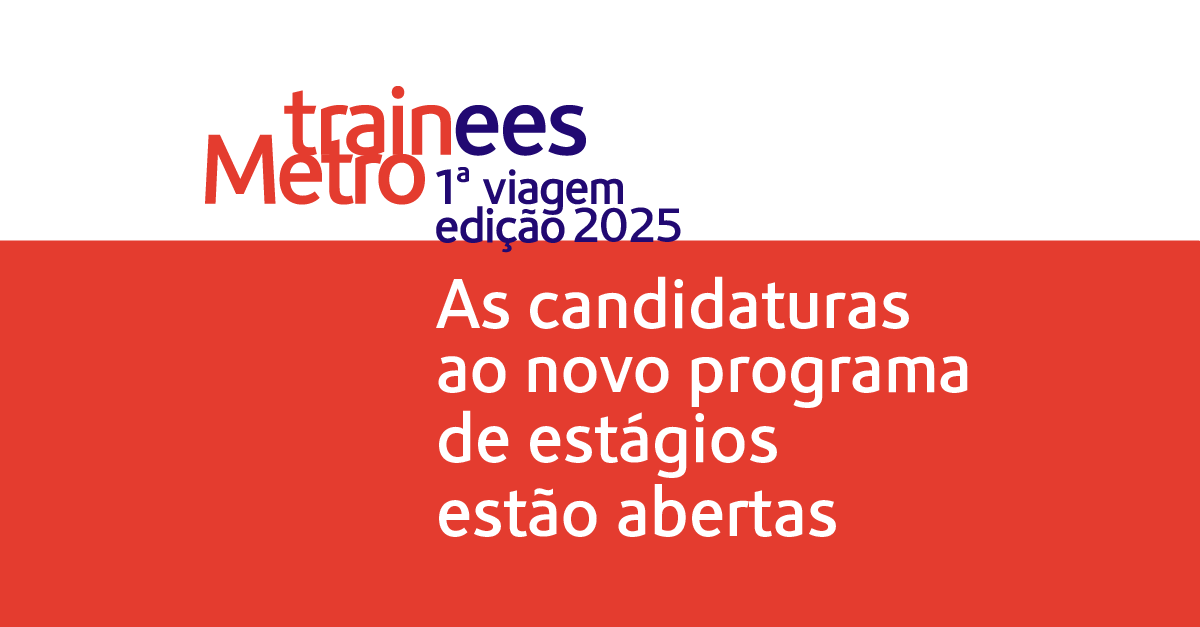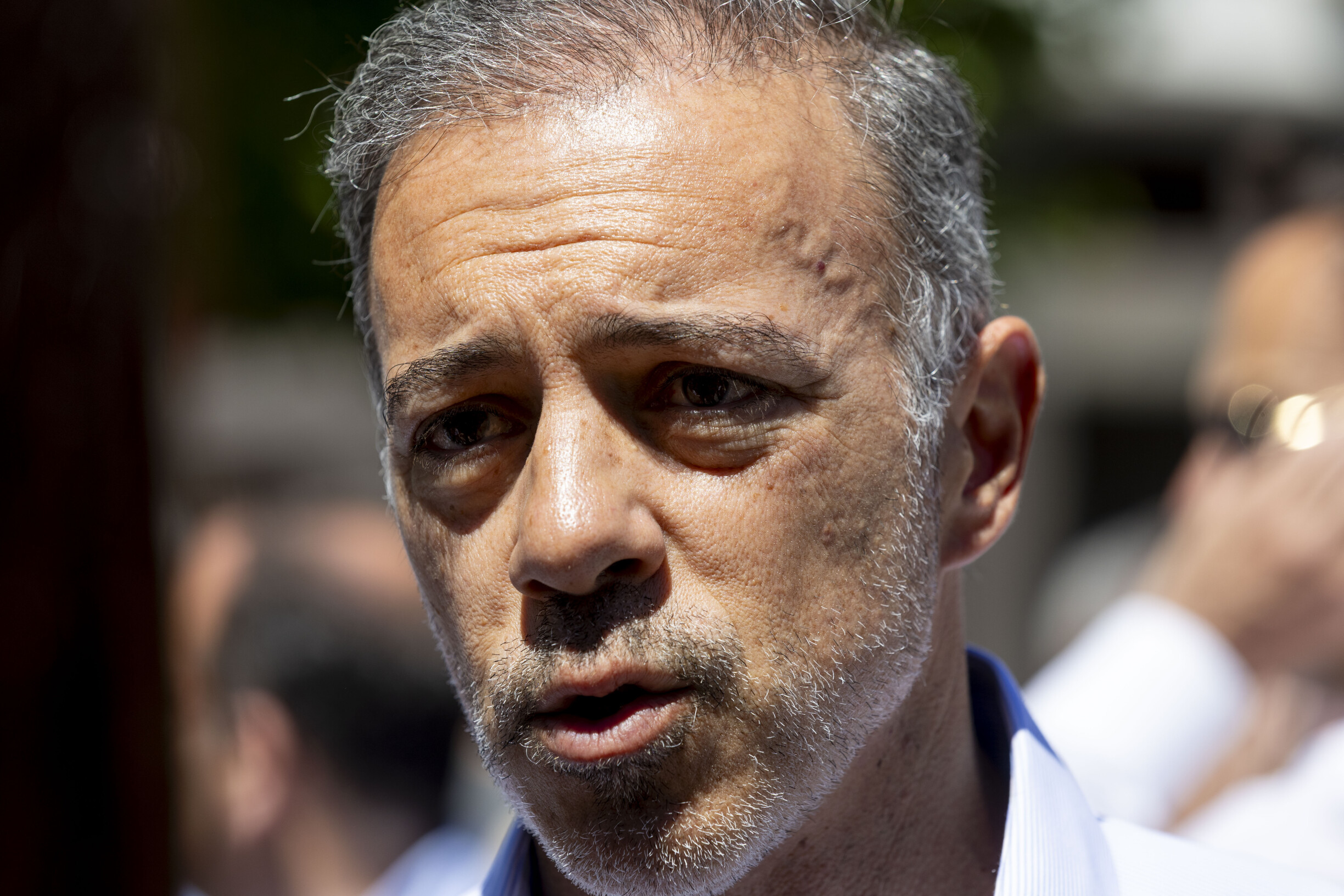Lisbon has completed a seismic vulnerability assessment of 1,593 residential buildings in municipal neighborhoods over the past four years under the ReSist program. This initiative aims to enhance the city's resilience against earthquakes, protecting lives, properties, and infrastructure.
Key Developments:
- The ReSist program, launched in 2021, focuses on three main axes: infrastructure modeling and knowledge, societal engagement, and regulation and oversight.
- 49% of the program's 47 specific actions have been completed, with 39% in progress and 12% yet to begin.
- The program has conducted 276 training and awareness sessions, involving 1,740 professionals, 3,483 students, and 4,300 citizens.
Achievements Highlight:
- Development of the Lisbon Geotechnical Chart, offering 16 thematic maps of the city's subsurface characteristics.
- Distribution of 2,461 emergency kits to public school students.
- Four projects funded by the European Commission, totaling €733,965.60.
- 37 collaboration protocols with academic institutions, private companies, and professional orders.
Future Plans:
- A technical support program for private condominiums is set to launch in 2026, following the completion of ongoing studies.
- The program's team mandate has been extended for two more years, ensuring continuity in Lisbon's seismic preparedness efforts.
Lisbon is setting a benchmark in urban seismic resilience, with the ReSist program transforming how the city prepares for and mitigates earthquake risks.





















Comments
Join Our Community
Sign up to share your thoughts, engage with others, and become part of our growing community.
No comments yet
Be the first to share your thoughts and start the conversation!